Herbs are sometimes overlooked in the vegetable garden, but learning to companion plant with herbs can help you reduce pests and get a better harvest!
Companion planting has been around for ages as an all natural way to combat pests and increase yields in the organic garden.
This site contains affiliate links. If you make a purchase using one of these links, I may earn a commission. Please see my disclosure page for more information about cookies collected and our privacy policy.
There’s a lot that goes into companion planting- and it can take some time to fully plan out a companion planted garden, but if you are in the planning stages of your garden this year be sure to include some herbs in the plan!
Herbs are some of the best companion plants in the vegetable garden in terms of repelling pests, attracting beneficial insects and pollinators, and improving your garden over all.
Ready to companion plant with herbs? Read below for some of the best ones to include in your vegetable garden!
15 Best Companion Planting Herbs for the Vegetable Garden
There are 2 basic types of herbs- annual that grows for one year and perennial that is planted once and comes back year after year.
I prefer to companion plant throughout the garden with annuals (or biennials) since my garden layout changes from year to year.
Perennial herbs are great to plant around the perimeter of your garden or in pots that can be moved wherever they are needed.
Here are some of my favorite herbs to companion plant with and what they are best used for.
Pick up a copy of my Companion Planting Guide and Binder to help you design the perfect garden beds with companion planting in mind. It’s got example beds, charts, plant profile, and planning pages. Plus a bonus guide on beneficial insects in the garden!
Annual Herbs to Companion Plant With
Basil
Basil is an amazing companion herb. It has a lot going for it such as repelling aphids, thrips, and spider mites PLUS it can improve the flavor of some of your crops!
Basil is the number one companion plant for tomatoes.
But it also does well when paired with peppers, eggplant, potatoes, brassicas and beans.
(Here’s how to grow basil)
Calendula
If I were allowed only one companion herb, calendula would be it. Calendula makes a good companion for just about everything in your garden.
I plant it throughout- plus it’s got a ton of amazing benefits and uses. So it’s functional in itself as well.
Calendula can help with nematodes and repels other pests. Plus it attracts beneficial insects and pollinators.
(Here’s how to grow calendula)
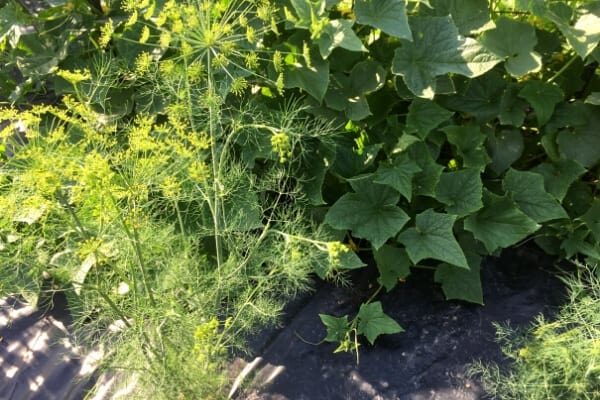
Dill makes a great companion herb for cucumbers!
Dill
When you think of dill, you might think of pickles. But dill is a great companion for cucumbers even before they come together in pickles.
Dill will help attract beneficials and improve the growth and health of your plants. I also like to plant a little extra for the butterflies as well!
Dill makes a great companion herb for cucumbers, corn, brassicas, and asparagus.
( And here’s how to preserve and dry dill!)
Borage
Borage is an edible herb that is both functional for food (makes a great salad addition!) and companion planting.
Borage can deter hornworms, cabbage butterflies, and cornworms. Bees also love it- so it will attract lots of pollinators.
Borage is a good companion herb for tomatoes, corn, squash, melon, cucumbers and strawberries.
Chamomile
Chamomile is a medicinal herb and flower that not only has a lot of benefits for your body, but for your garden as well.
Chamomile is a great herb for the garden because it attracts beneficial and predatory insects as well as repels some pests and improves the flavor of some crops.
Chamomile is a good companion herb for onions and garlic especially.
Note: Roman Chamomile is a perennial while German Chamomile is an annual
Nasturtium
Nasturtium is a vining and flowering herb that is also edible.
It can be a great trap crop for aphids. And it has repellent qualities for other pests including squash bugs, potato beetles, and other beetles.
The flowers will also attract pollinators.
Nasturtium is a great companion herb for squash, tomatoes, cucumbers, melons, corn, peppers, eggplant- basically everything!
Parsley (Biennial)
While not an annual, parsley isn’t a perennial either. It is a biennial, which means it grows for 2 years before going to seed.
Parsley attracts predatory wasps that feed on aphids and it can also improve the flavor of some crops.
Parsley is a great companion herb for peppers, potatoes, tomatoes, carrots, corn, and onions.
Perennial Herbs to Companion Plant With
Lavender
Lavender is a favorite herb of many, known for it’s ability to relax in times of stress. But it’s great in the garden too!
Lavender can repel insects and attract lots of pollinators and beneficial insects.
Lavender is a great companion herb for brassicas especially.
Marjoram
Marjoram is a tender perennial, so depending on your growing zone, it may grow as annual or you may have to protect and mulch in the winter.
Marjoram repels many insects and attracts beneficial insects.
It’s a great companion herb for eggplant, brassicas, and corn.
Sage
Like many herbs, sage is great for both repelling pest insects such as flea beetles and cabbage butterflies, and attracting the beneficial ones.
Sage is a great companion for brassicas, carrots, beans, and potatoes.
Don’t, however, plant sage with cucumbers, onions, and garlic.
Rosemary
Rosemary is a very aromatic herb that is a great companion plant for the garden.
It’s helpful in deterring cabbage moths, bean beetles and flies among other pests.
Rosemary is a good companion planting herb for brassicas, beans, and peppers.
Here’s how to grow rosemary.
Thyme
Thyme is a small herb with tiny leaves and a great aroma. I love it in soups- but I love it in my garden as well.
It can attract more predatory insects to your garden, repel moths, and improve flavor.
Thyme is a good all purpose companion plant but it does especially well near brassicas and strawberries.
Mint
Mint can get invasive, which is why I wouldn’t recommend planting it in the ground– it can really take over!
But if you plant it in a pot and prune it regularly, it can do a lot for you in terms of companion planting due to it’s ability to attract beneficials and repel pests.
Mint is a good companion plant for brassicas, onions, carrots, and tomatoes.
Oregano
Oregano is one of my favorite perennial herbs. It is prolific in it’s harvest and it has a lot of benefits on it’s own.
As a companion plant, oregano deter pests and attracts beneficial insects.
It makes a good companion to almost everything in the garden.
Plus you can easily dry oregano to use in your kitchen all year long!
Chives
And finally chives. Chives is part of the allium family like onions and garlic.
And just like when you companion plant with garlic and onions, chives can deter pests such as aphids, flies, and beetles. It can also improve the flavor of crops like tomatoes.
Chives are a good companion for tomatoes, brassicas, and carrots. But keep them away from beans.
You May Also Like:
The Complete Guide to Companion Planting
The Best Essential Oils for the Garden
11 Flowers to Plant in the Vegetable Garden

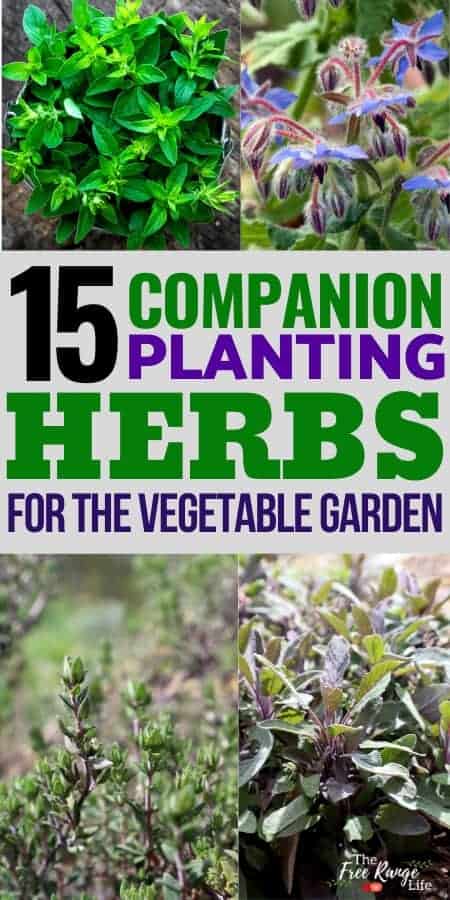
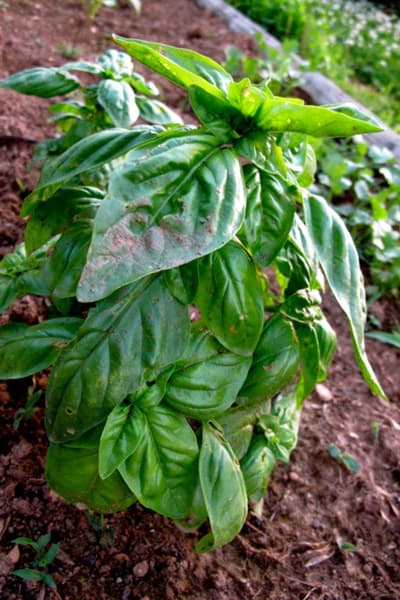
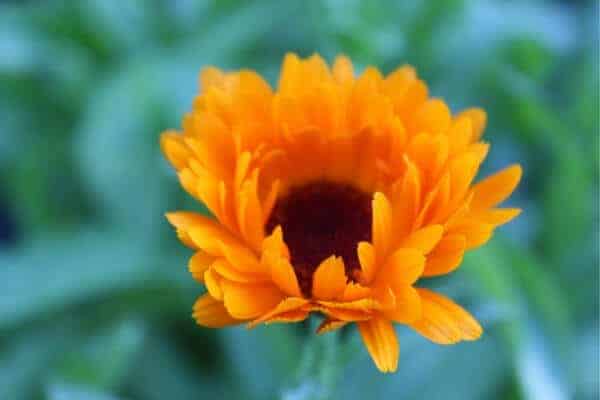
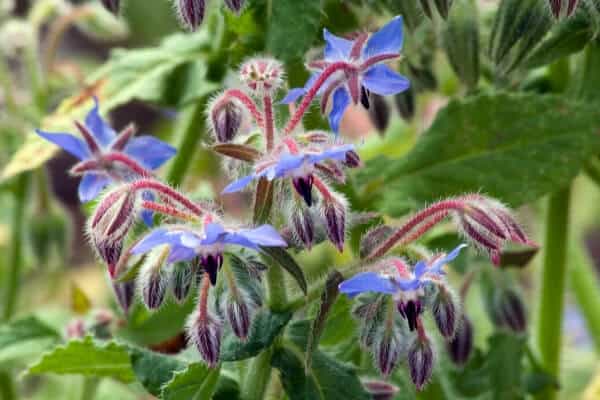
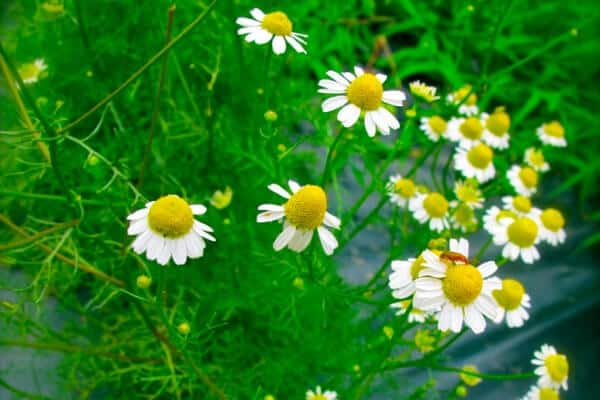
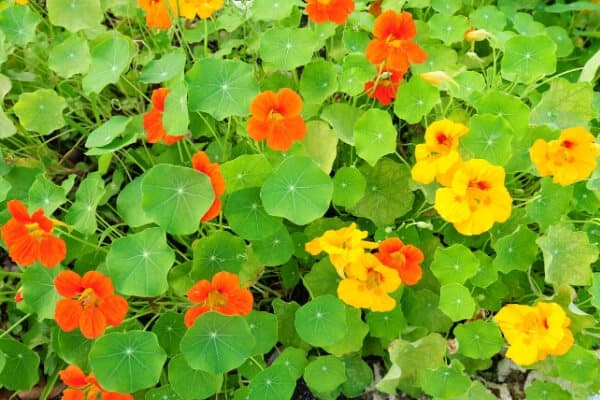
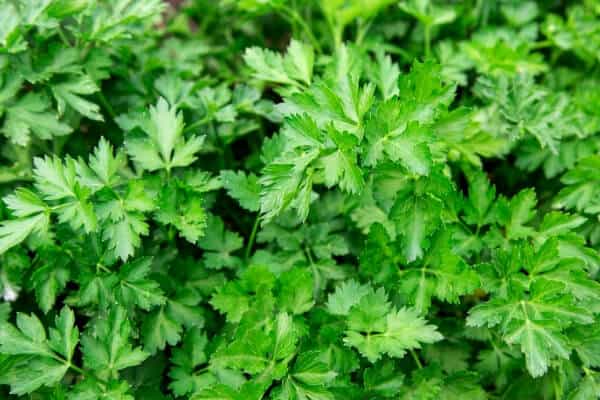
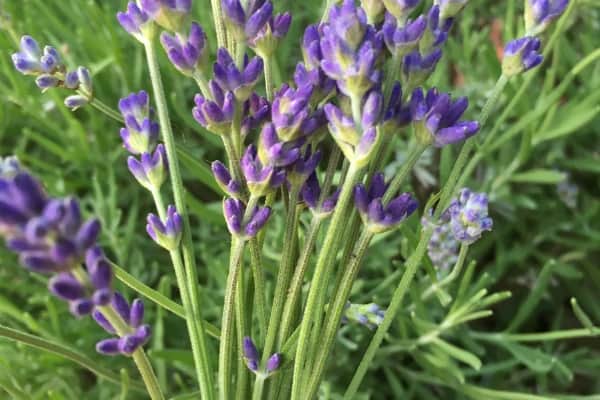
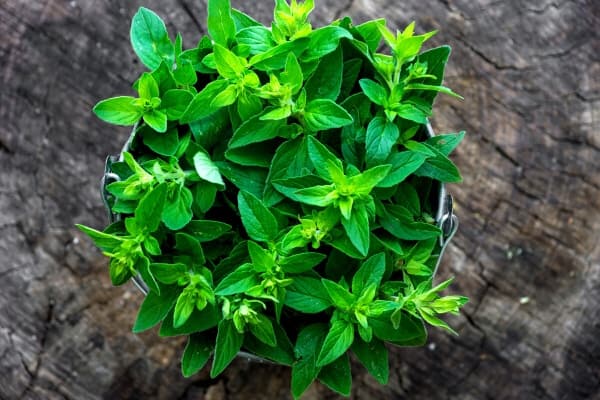
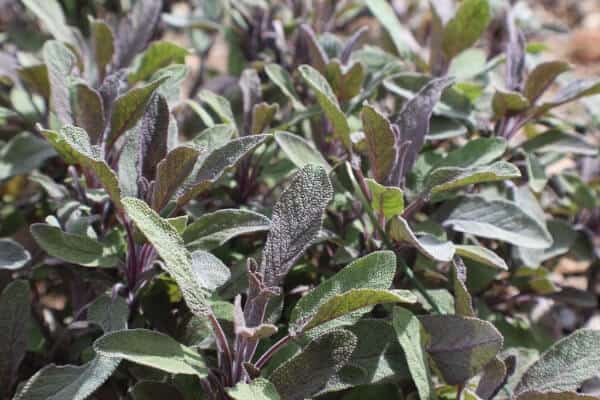
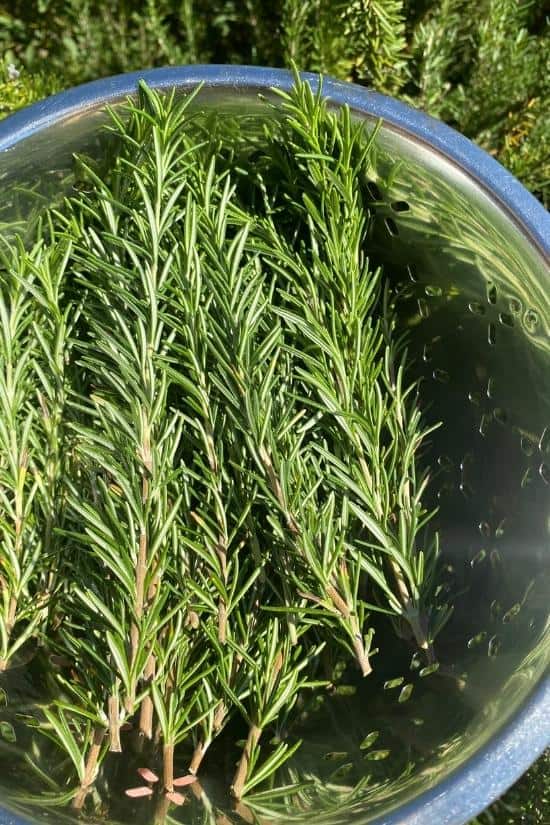
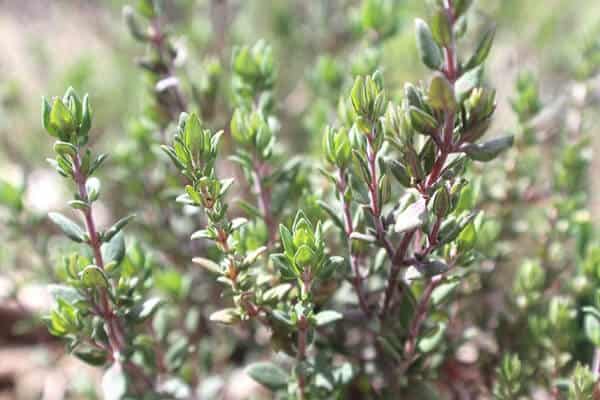
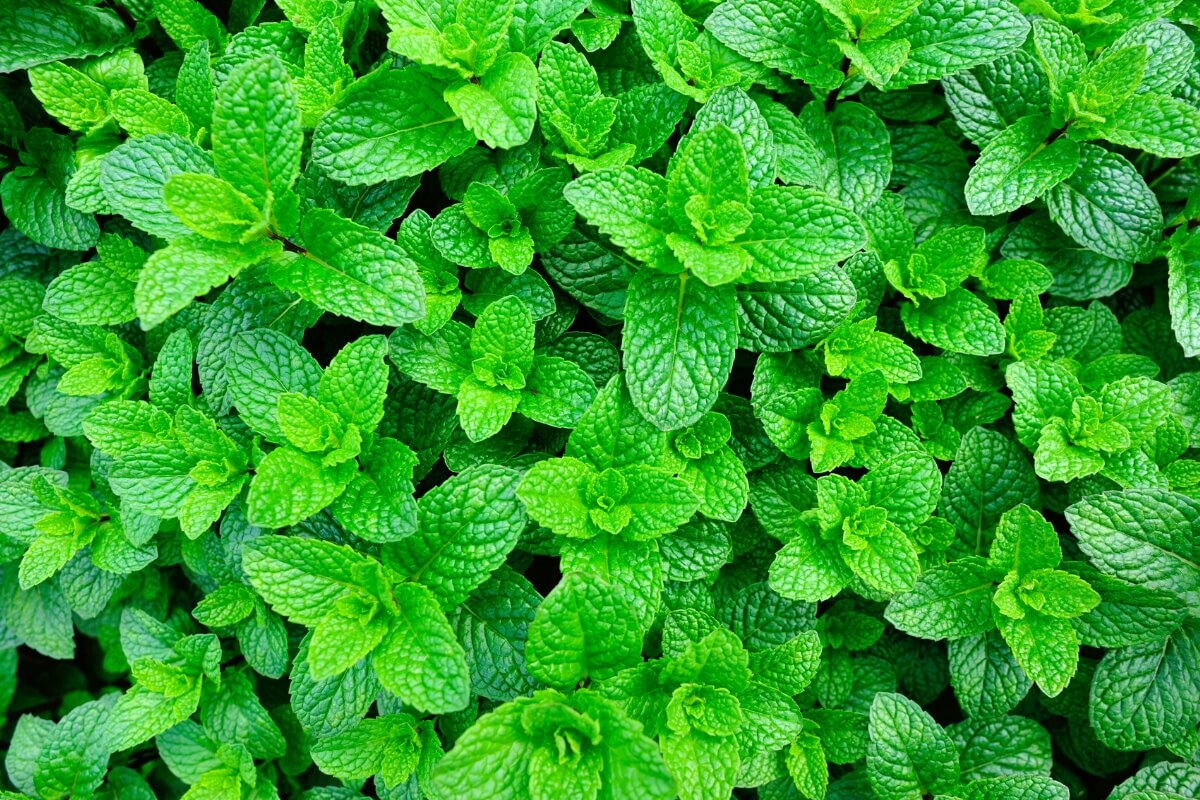
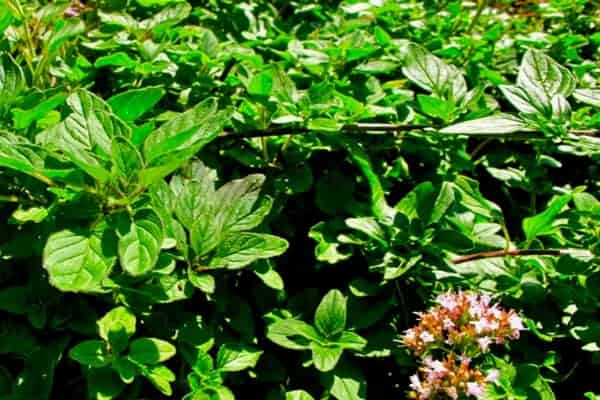

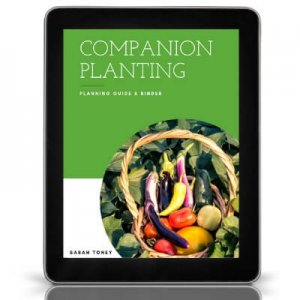
Where can I get free seeds eggplant calalu collard greens okra onions. Any seeds
Love your companion planting tips. I live in a country area that seems to have every insect that can be a pest in Australia. They have already de-leaved my cabbages, eaten the inside of the capsicum, my tomato leaves have lost their green and something has eaten all the tops off my corn. And to really top it off, the birds are consuming the figs. Don’t u love gardening!!!!